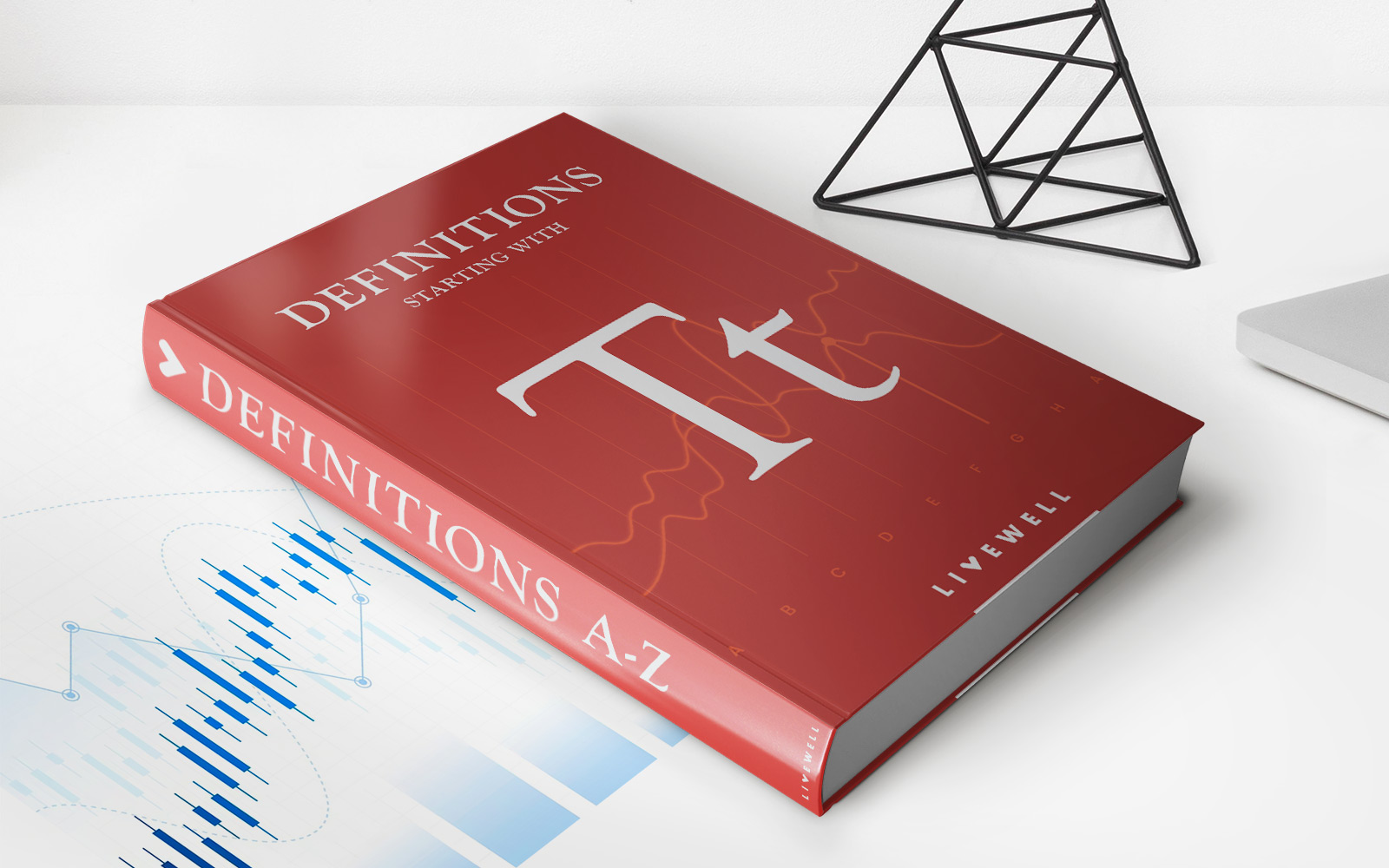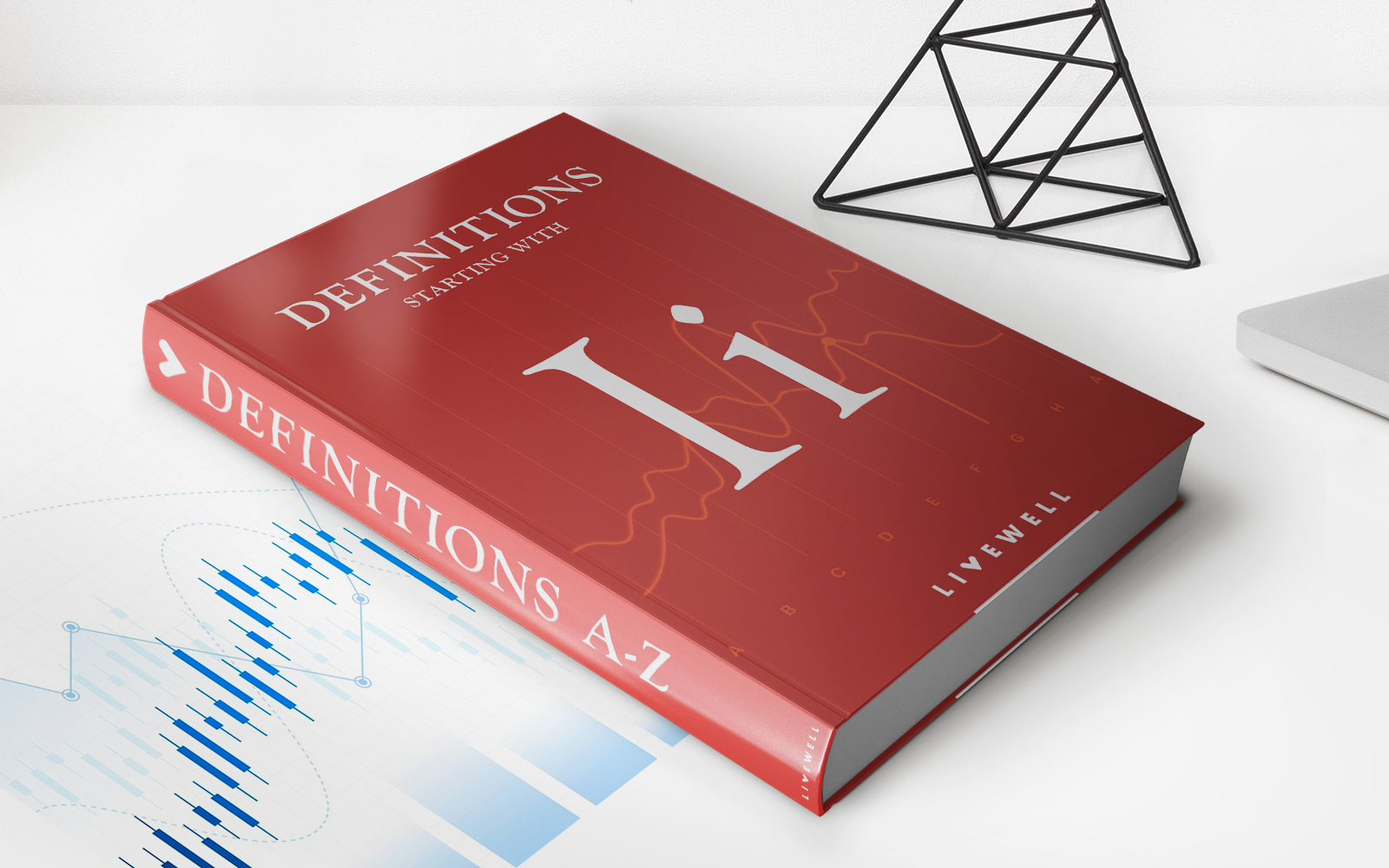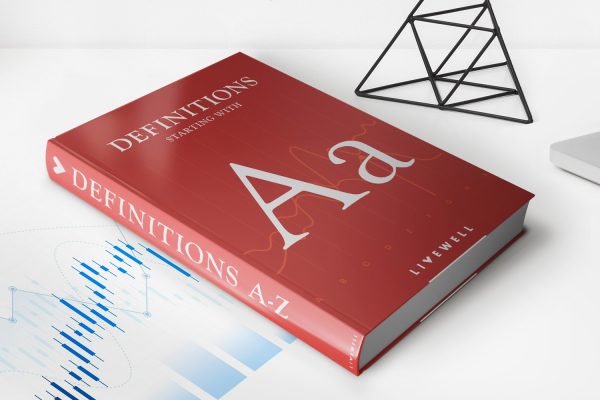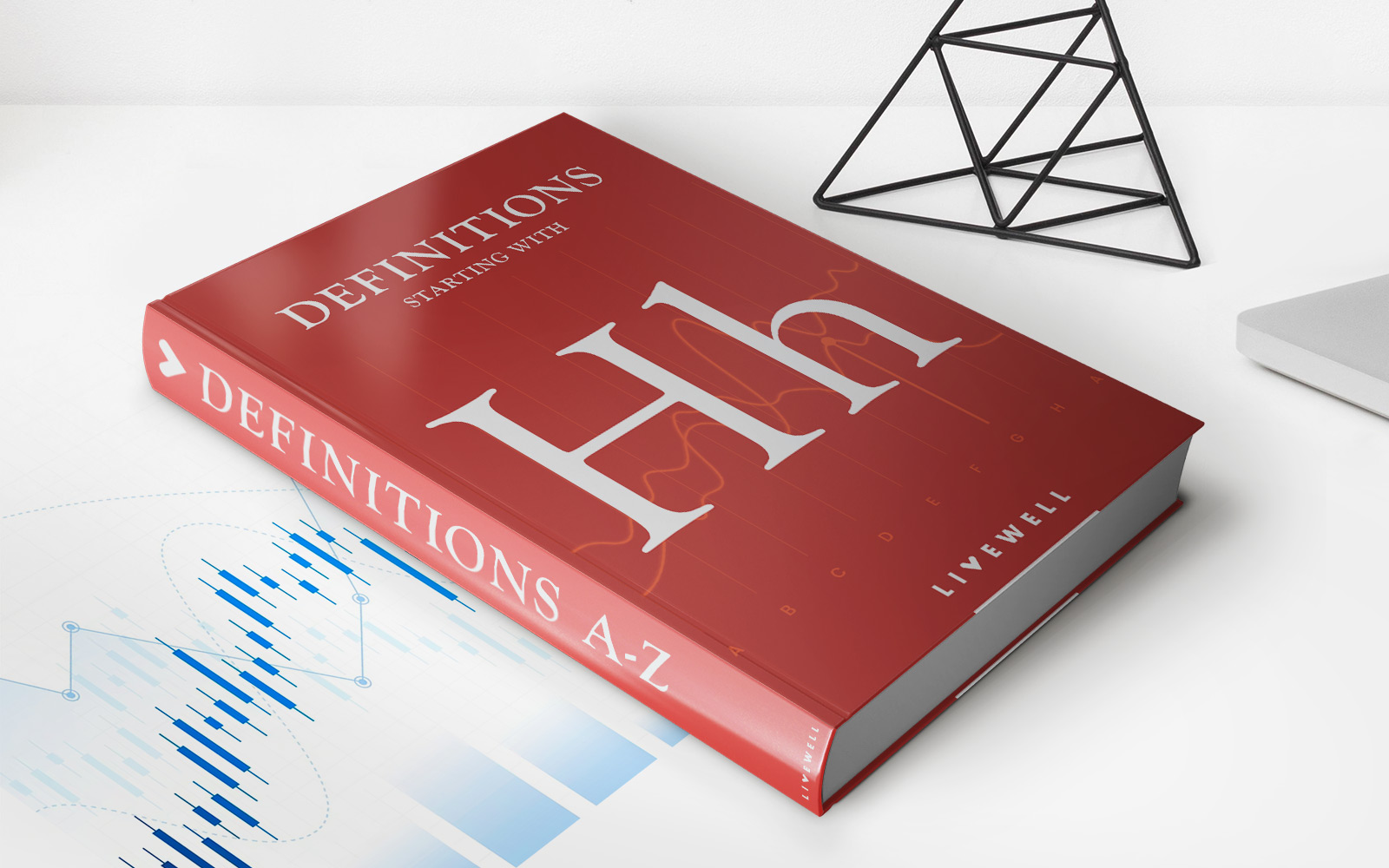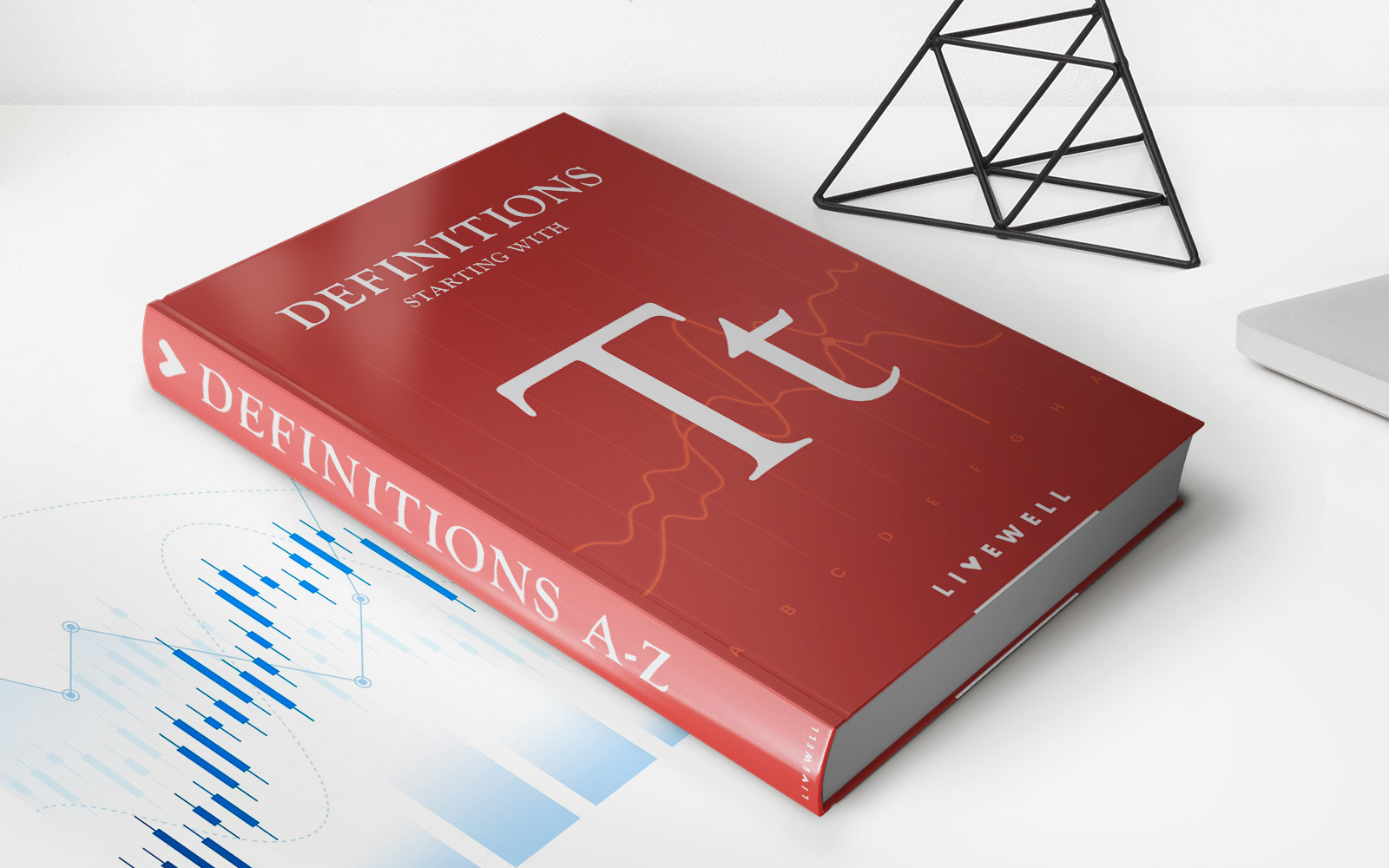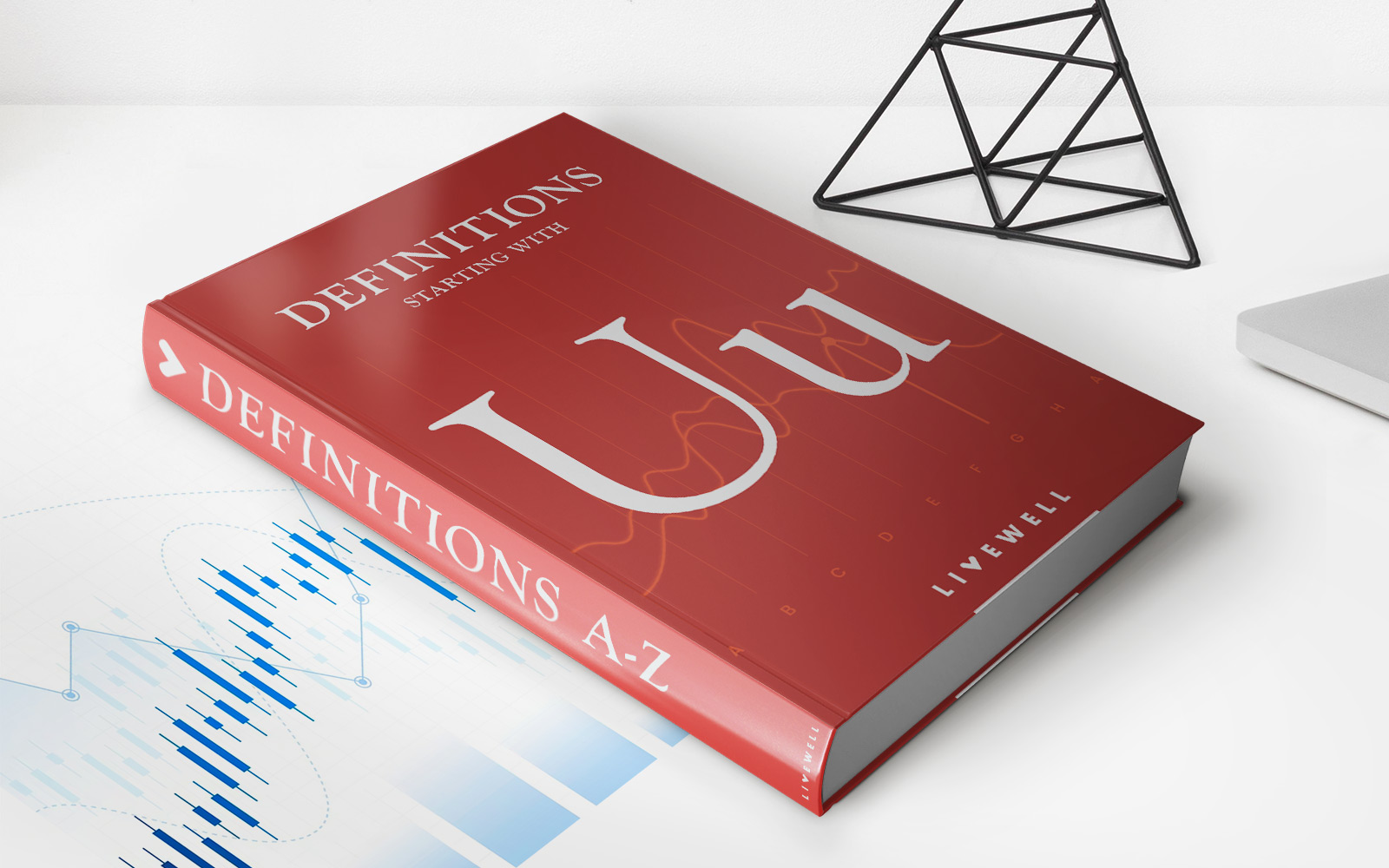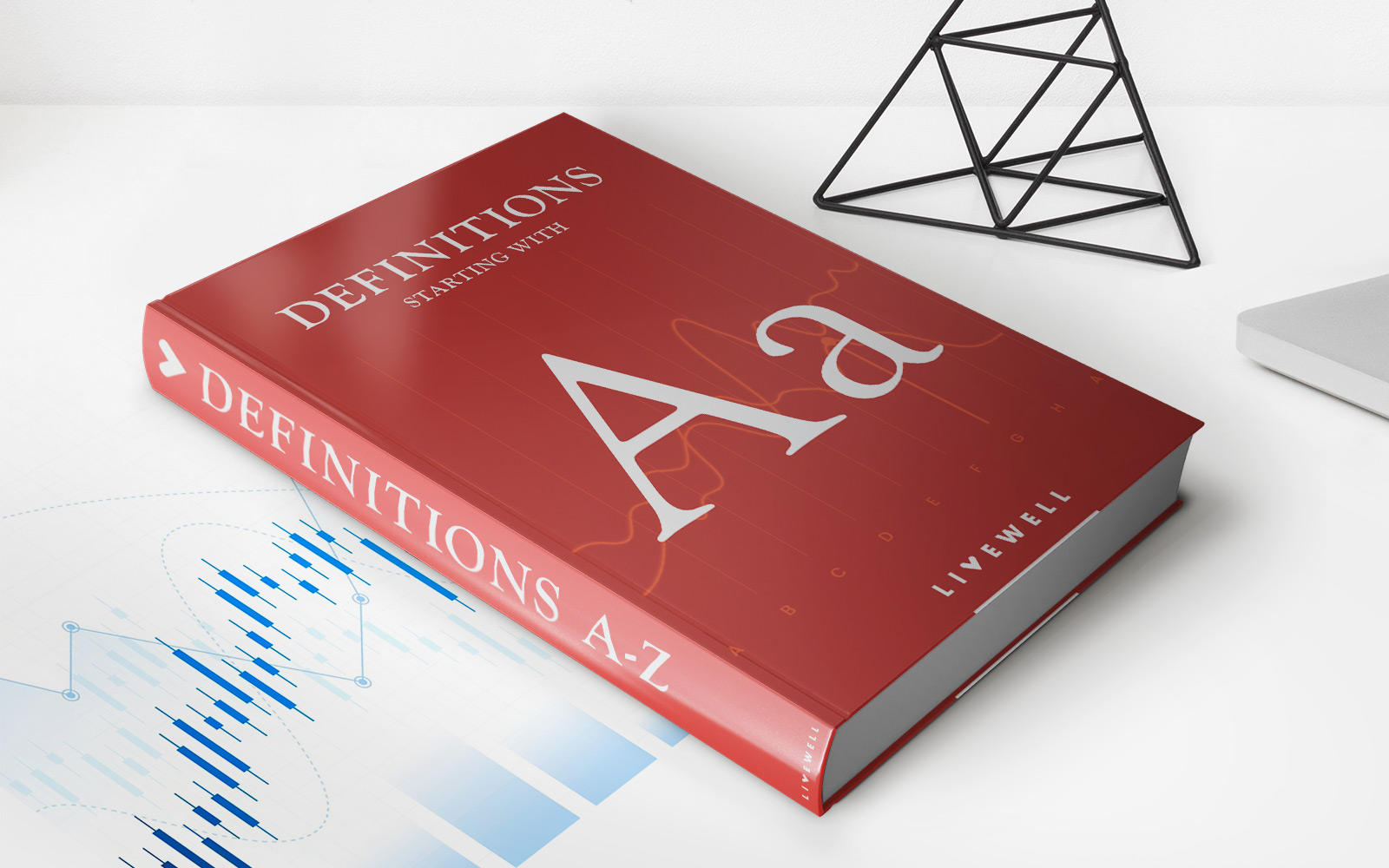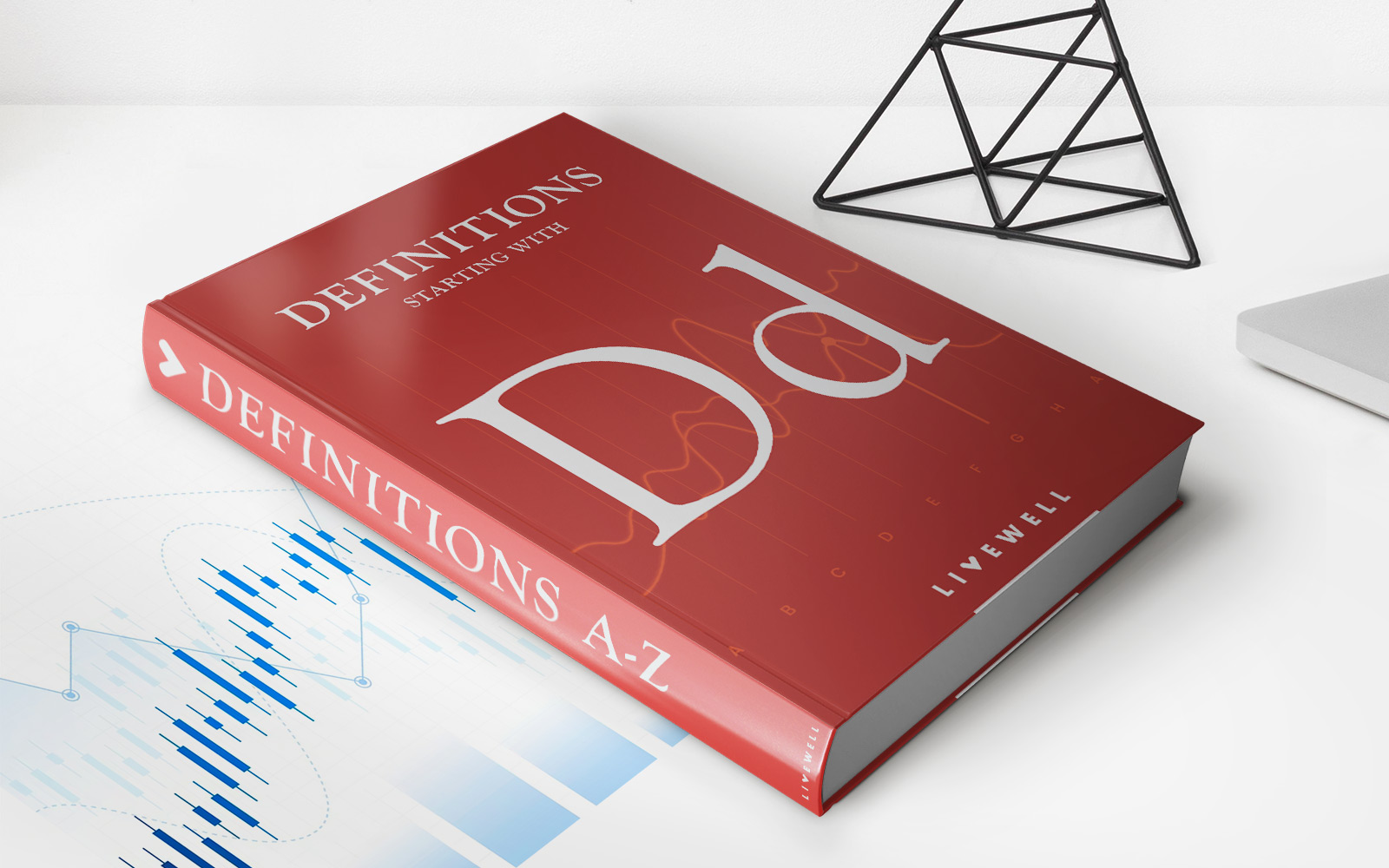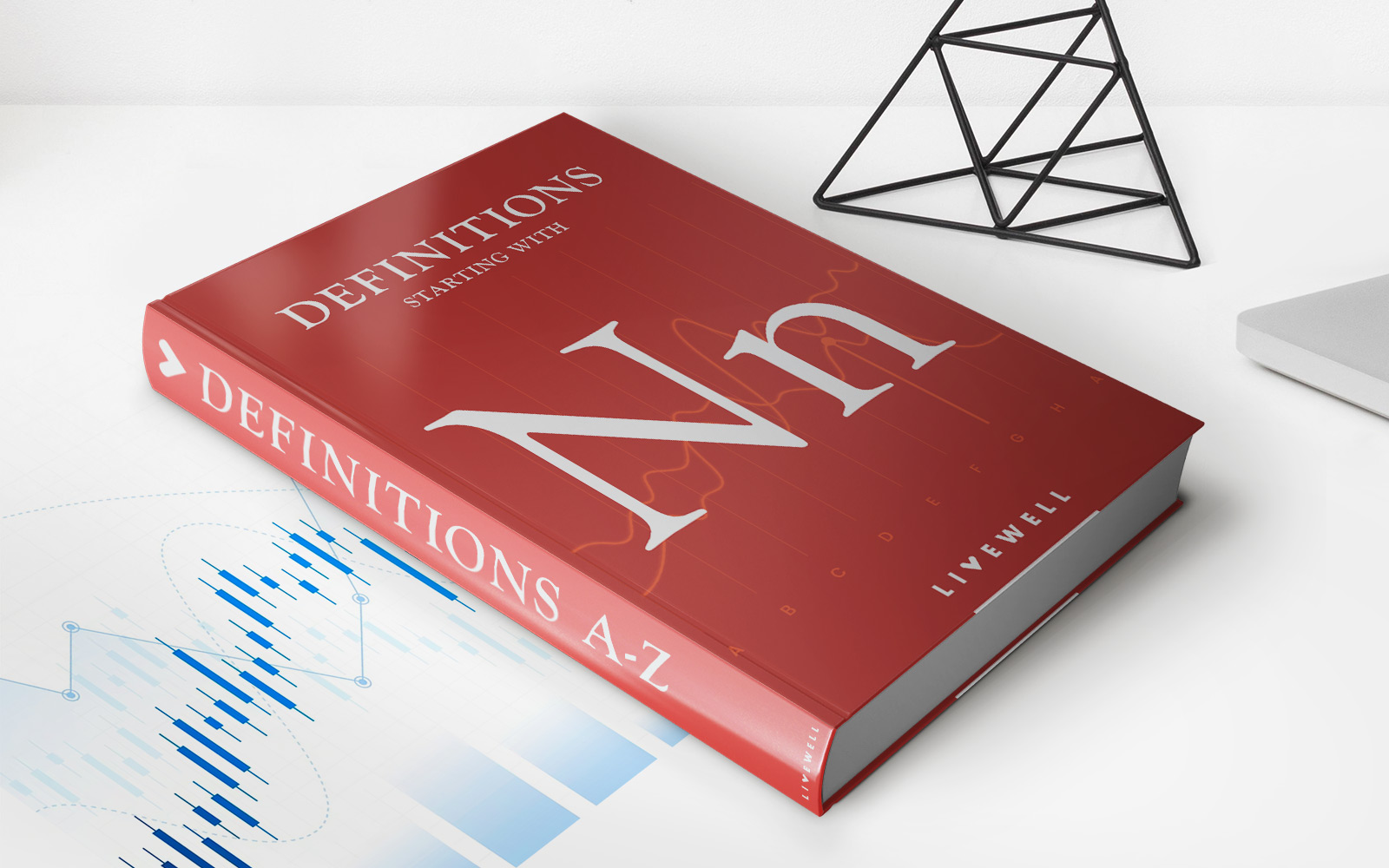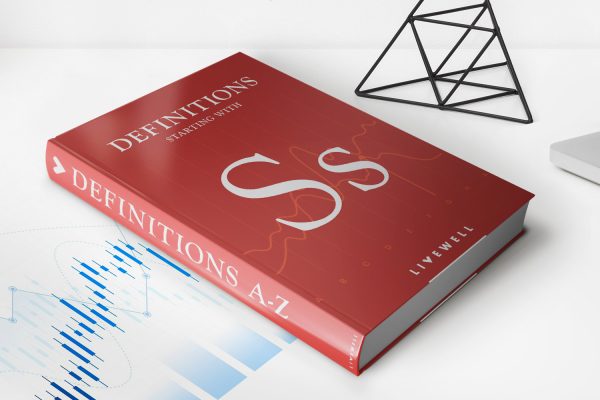Home>Finance>When Issued (WI): Definition, How It Works, And Example
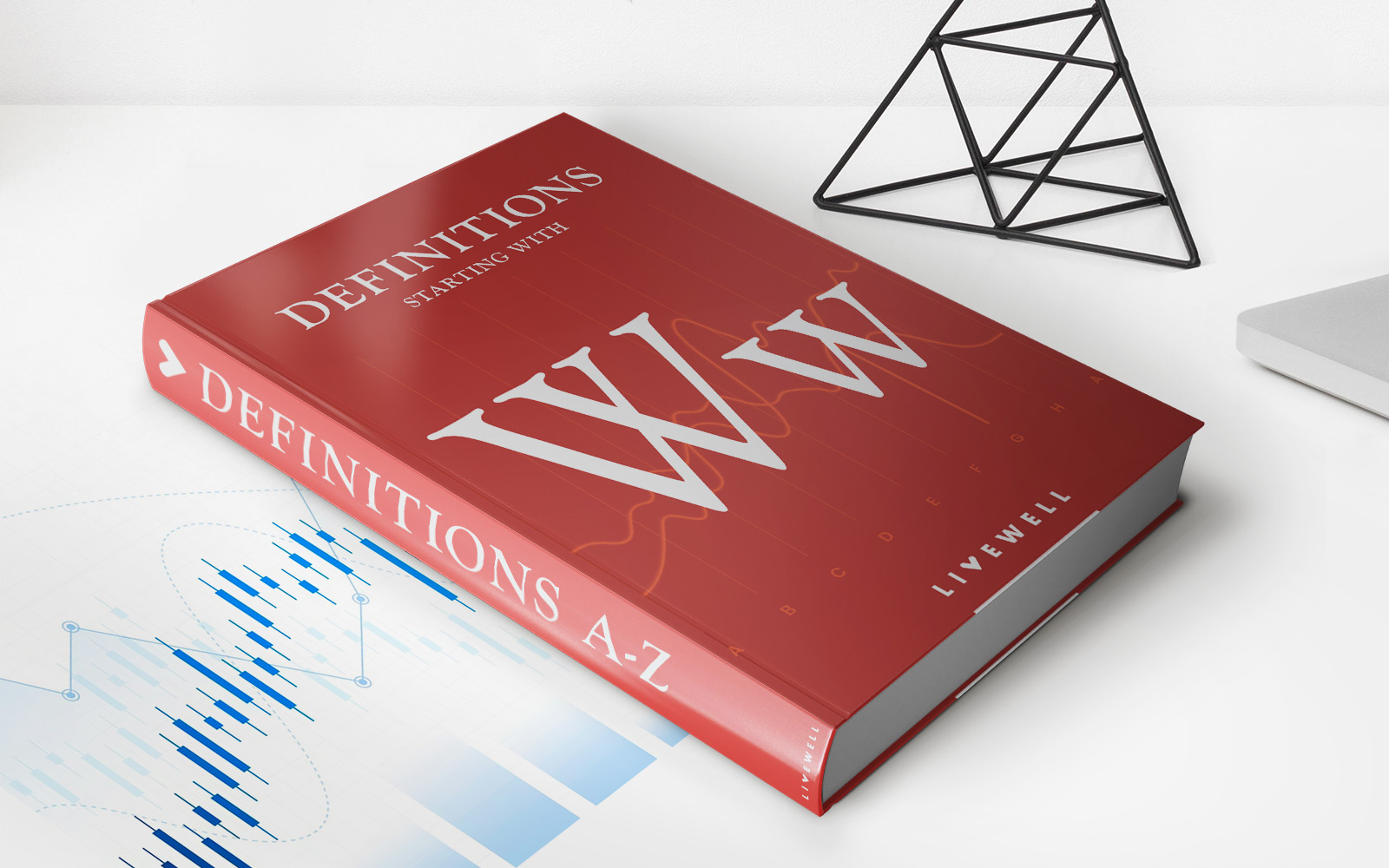

Finance
When Issued (WI): Definition, How It Works, And Example
Published: February 18, 2024
Learn the definition, working mechanism, and see an example of "when issued" (WI) in finance. Understand how it functions in the market with this comprehensive guide.
(Many of the links in this article redirect to a specific reviewed product. Your purchase of these products through affiliate links helps to generate commission for LiveWell, at no extra cost. Learn more)
Unlocking the Mystery: When Issued (WI)
Welcome to the Finance category of our blog! Today, we are delving into the realm of When Issued (WI). If you’ve ever been puzzled by this term and have wondered what it meant and how it works, you’ve come to the right place. In this article, we will unravel the mystery of WI, giving you a clear understanding of its definition, how it operates, and even provide a real-life example. So, let’s dive in!
Key Takeaways:
- When Issued (WI) refers to a transaction where securities, such as stocks or bonds, are traded before their official issuance or trading begins.
- WI transactions allow investors to speculate on the future value of securities before they are actually issued, providing opportunities for early trading and hedging strategies.
Understanding When Issued (WI)
When Issued (WI) refers to a practice in the financial markets where securities are traded before their official issuance or trading begins. This can happen when a new security, such as a stock or bond, is about to be issued by a company or government entity. WI transactions allow investors to engage in trading activities related to these securities before they are officially available for trading. This can be particularly valuable for investors who wish to position themselves before the securities become widely available to the market.
WI trades commonly occur in situations where there is high demand or anticipation for a particular security. For example, when a highly anticipated initial public offering (IPO) is announced, investors may have an option to trade the shares on a when-issued basis before they are officially listed on an exchange. This allows investors to speculate on the future value of the security and potentially benefit from its performance right from the start.
How Does When Issued (WI) Work?
When Issued (WI) trading typically takes place in a separate market or exchange known as the “when-issued market.” This market provides a platform for buyers and sellers to trade the securities before their official issuance or trading begins. WI transactions can be conducted through brokers or online trading platforms, similar to traditional securities trading.
During the WI trading period, the securities are identified with a “when issued” ticker symbol or a unique identifier to differentiate them from the already listed securities. Once the official listing begins, the when-issued securities are converted into regular securities with their own ticker symbols.
Example of When Issued (WI)
Let’s say a well-known tech company, XYZ Corp, is about to launch its highly anticipated IPO. Before the IPO is officially introduced in the market, XYZ Corp announces a WI trading period for interested investors. During this period, investors have the opportunity to buy or sell the securities on a when-issued basis, effectively participating in the company’s pre-IPO trading.
Investors who anticipate a strong performance from XYZ Corp’s stock can take advantage of the WI trading period to potentially secure shares at a favorable price. Meanwhile, institutional investors can use WI transactions to establish hedging strategies or to manage their risk exposure before the official listing.
Key Takeaways:
- When Issued (WI) refers to a transaction where securities, such as stocks or bonds, are traded before their official issuance or trading begins.
- WI transactions allow investors to speculate on the future value of securities before they are actually issued, providing opportunities for early trading and hedging strategies.
If you ever come across the term When Issued (WI) in the finance industry, you can now confidently navigate the concept. Understanding WI and its implications can help you stay on top of market trends and potentially seize advantageous opportunities. So, keep an eye out for when-issued securities and unlock the potential they may hold.
